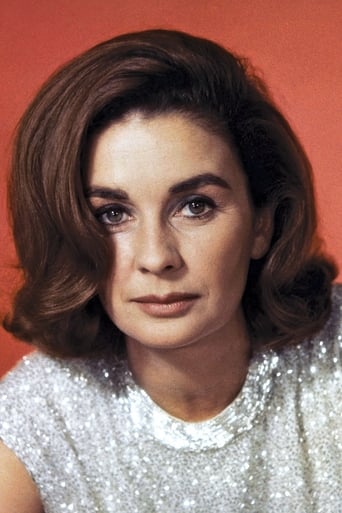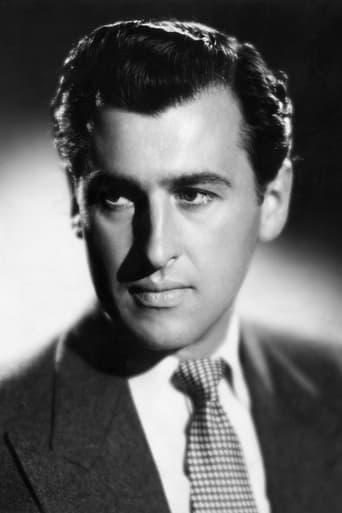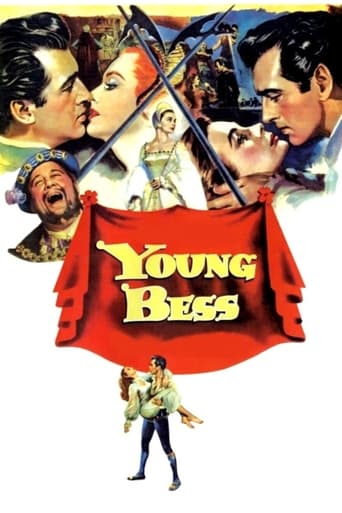
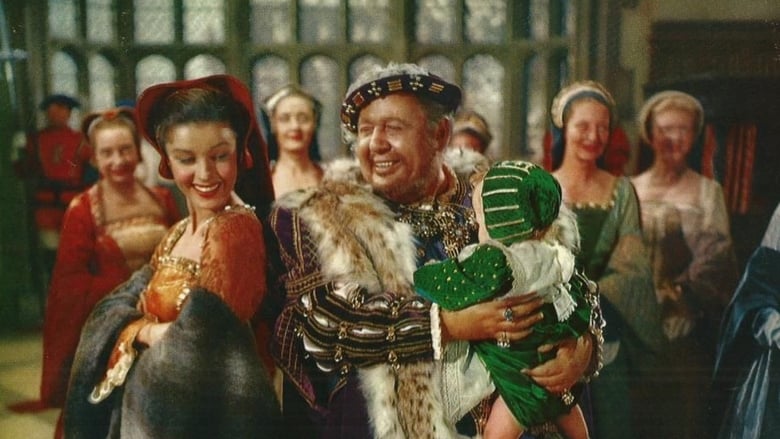
Young Bess (1953)
The mother died under the executioner's axe; the daughter rose to become England's greatest monarch -- the brilliant and cunning Queen Elizabeth I. Jean Simmons portrays young Bess in this rich tapestry of a film that traces the tumultuous, danger-fraught years from Elizabeth's birth to her unexpected ascension to the throne at a mere 25. Charles Laughton reprises his Academy Award®-winning* role as her formidable father Henry VIII. Deborah Kerr plays her last stepmother (and Henry's last of six wives), gentle Catherine Parr. And Simmons' then real-life husband, Stewart Granger, adds heroics as Lord Admiral Thomas Seymour. In a resplendent world of adventure, romance and court intrigue, Young Bess reigns.
Watch Trailer
Cast
Similar titles


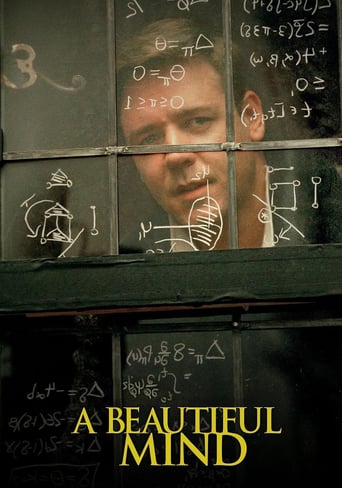
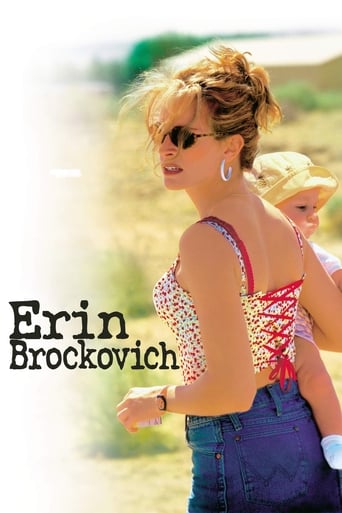
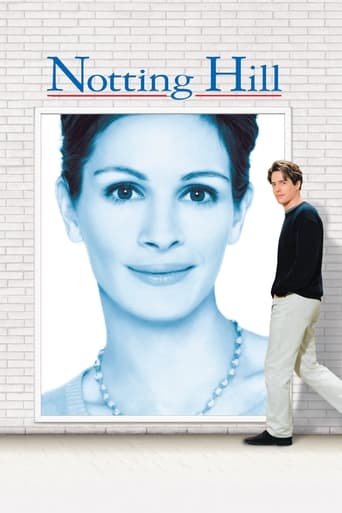
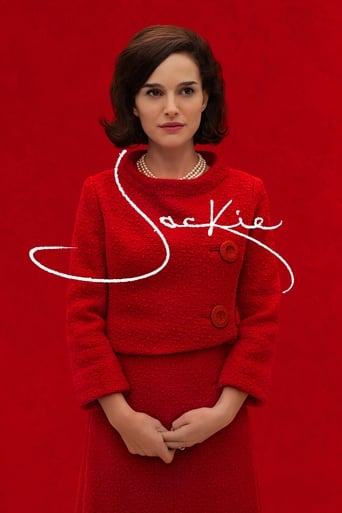
Reviews
Undescribable Perfection
I don't have all the words right now but this film is a work of art.
This is one of the best movies I’ve seen in a very long time. You have to go and see this on the big screen.
This movie feels like it was made purely to piss off people who want good shows
The tale is told in flashback by her former governess Catherine Ashley (Kay Walsh), just before Bess' Coronation ceremony. Film follows Bess from birth to her falling in love with another woman's husband through Court politics and treachery.Charles Laughton is good, if somewhat hammy, as King Henry VIII. His deathbed scene takes forever.Deborah Kerr is OK as the rather frail Katharine Parr, sixth wife of Henry VIII; she looks too healthy and pretty to be ill. Apparently, she's afflicted with a dread disease that leaves her looking lovely, with perfect make-up, not a hair out of place and in soft focus, while it kills. Actually, Parr died in childbirth after becoming immediately pregnant with Thomas Seymour's child after her marriage, while her four year marriage to Henry produced no offspring. This rather puts to bed (pardon the saying) Henry's affirmation that Henry was virile and sexually active up to his death. But I digress. Stewart Granger's Thomas Seymour is appropriately heroic and apparently gifted with second sight. It's too bad he wasn't gifted with two heads. Simmons is very good in the title role. Her voice has the commanding tones of one accustomed to being obeyed, and she convincingly ages from around ten to age 25. She is the best part of the film.Director George Sidney uses a subtle and effective trick to get the viewer on Simmons' side. In her scenes, the furniture is immense (in one scene, she sits in a chair that is twice her size), suggesting that Bess is dwarfed by the events taking place around her.The film received well deserved Oscar nominations for Best Art Direction and Costumes. "Young Bess" is a good showcase for Simmons' acting talents.
Jean Simmons is "Young Bess" in this 1953 film directed by George Sidney and also starring Charles Laughton, Deborah Kerr, Stewart Granger, and Leo G. Carroll.The film isn't factual in all parts, but that can be as valuable to students or to anyone as a historically accurate film simply by reading the actual story. I've never understood why people take film as gospel and don't read a little background information. A good deal of the film is factual; where it gets dicey is in the relationship between Thomas Seymour and Bess. Even if the writers wanted to tell the real story, it's dubious it would have made it to the screen thanks to the code.Bess is rejected by her father Henry and sent away after her mother, Anne Boleyn, is beheaded. Attempts to win the affection of subsequent wives failed, and Bess is not accepted back into the palace until Henry marries Catherine of Parr (Deborah Kerr). When Henry dies, his nine-year-old son Edward VI (Rex Thompson) becomes king.Lady Jane Seymour's brothers, Thomas and Edward, have both benefited from her time at court; in fact, Thomas' brother Ned is Lord Protector of his nephew, Edward VI. True.Bess is madly in love with Thomas Seymour (Granger), some years her senior, but he marries her stepmother, Catherine after the death of Henry VIII. Eventually, Bess' strong feelings for Thomas become threatening to Catherine, who does love Bess, and Bess agrees to leave the household. After Catherine's death, Thomas wants to marry Bess and writes to her, but he has enemies, one of whom is his own brother, Edward "Ned" Seymour (Guy Rolfe).This is an extremely opulent film, very well acted, with good chemistry between the leads, It is very entertaining.The true story is that we don't really know how Bess felt about Thomas, except late in the game, she was receptive to the idea of marrying him; by then it was too late. In truth, Thomas' behavior toward Elizabeth was inappropriate and he may have even sexually abused her while she was a teenager. When he wanted to marry Bess, his past behavior toward her was revealed (although the interrogators could get nothing out of Bess). This was added to charges of treason and he was beheaded in 1549. Bess, known as The Virgin Queen, never married, though she came close, but some historians feel that Seymour put her off sexual relationships.Thomas was pretty sharp; he also hedged his bets by making a play for Queen Mary, Elizabeth's half sister, as well.Recommended.
I don't expect or even want precise historicity in a costume drama, so I love this beautifully-filmed production. Did anybody else find Rex Thompson's portrayal of Edward, the little king, as remarkable as I did? Rex was only 11 at the time, and no matter how visionary the director, how plausible the writing or how facile the film editor, it takes real brilliance for a person that young to perform so believably. He perfectly reproduced Laughton's characterizations of Henry VIII in miniature, and was as matter-of-dactyl bloodthirsty as Henry ("I wish he'd die," he remarks about his "Oncle Ned," seeing nothing untoward about it). He worked again with Deborah Kerr playing Louis in "The King and I." He was "The Page" in the Hallmark Hall of Fame production of the same name in 1966, but there are no later entries about him on this site. Also, no death date, which I'm glad to see...was he one of those unfortunate child actors who was robbed blind by unscrupulous relatives/agents/investors? Did he just get sick of the grind and chuck it all? Or did he change his name and vocation? I would have liked to have seen him as an adult. He was such an appealing child!
This is what happens when a film studio and a novelist places history on the big screen. Historical accuracy and truth takes second place when it comes to spinning a yarn. I just hope when kids watch this film, they do not rely on it as facts for their education. The real story itself was intriguing enough without having to bend the truth. So, why did they?Anyway, in the film, Elizabeth (I) was madly in love with Thomas Seymour. From historical records, Thomas was supposedly the person who made advances on Elizabeth (I) but was unsuccessful. In the film, Edward Seymour was seen as a callous power hungry puppeteer in the royal court. In history, he was a successful military man when he battled oppositions at Pinkie, Scotland (1547). Edward was also responsible for religious reforms and in relaxing heresy and treason laws. In the film, he sent his brother Thomas to the scaffold because of his paranoia over power struggle threats. In history, the execution of Thomas by the council in 1549 was a significant blow to Edward and it weakened his power in England. The eventual arrest and execution of Edward in 1552 was conspired by John Dudley, Earl of Warwick and Thomas Wriothesley, Earl of Southampton to remove Seymour's protectorate power over his nephew, King Edward VI. Edward VI died at the age of 15 in 1553. Dudley induced the council to proclaim his daughter-in-law, Lady Jane Grey, as queen after Edward VI's death. Dudley was executed in 1554 by Mary (I) for treason. Of course, there's no way of knowing precisely what really happened in history. But in rationale, a person should not be defamed or condemned (as in the case of Edward Seymour) based on hearsay, idle gossip, a romantic novel or a chick flick, even if they are dead over a few centuries. In theory, anyhow.Anyway, I did enjoy this film as pure entertainment. Walter Plunkett's costume design was magnificent and the whole cast was superb. Miklos Rozsa's emotional music score was an incredible soul wrenching delight.Is it worth seeing? Yes, definitely! It's entertaining, well acted and beautifully produced.
